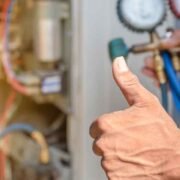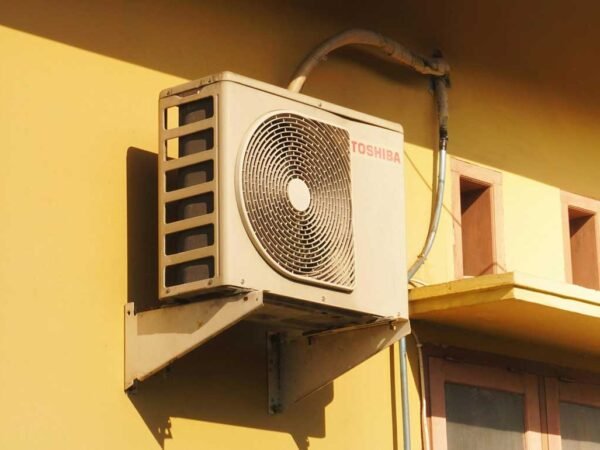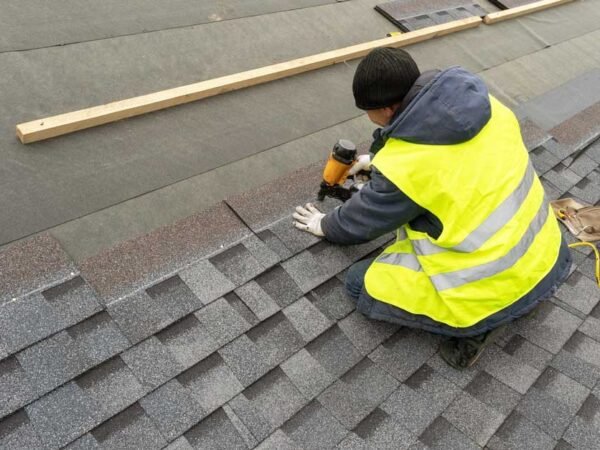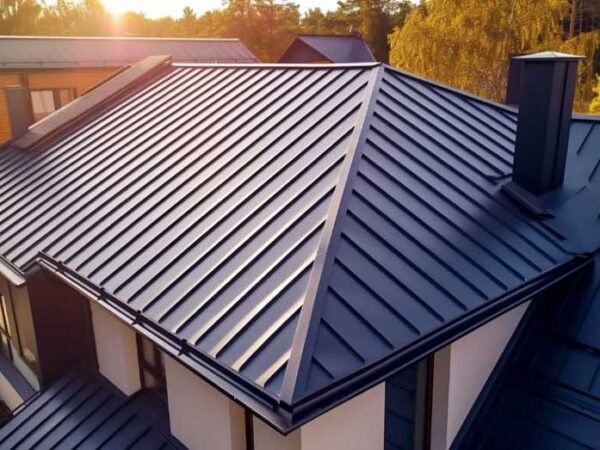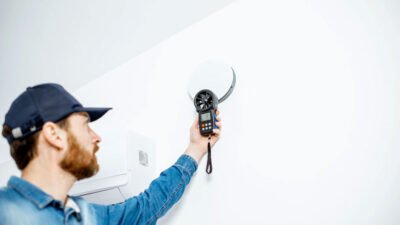Heating, ventilation, and air conditioning (HVAC) systems are essential to modern living, yet many homeowners only begin to appreciate their importance when something goes wrong, warns Uplift Management. From regulating indoor temperatures to improving air quality, HVAC services keep homes comfortable and safe year-round. For someone new to homeownership or unfamiliar with how these systems operate, the world of HVAC can feel confusing. We will explore the basics of residential HVAC services, the key components that make them work, and why routine maintenance and professional installation matter. By gaining a clear understanding of these systems, homeowners can make informed decisions about their comfort and energy use, while avoiding unnecessary costs or breakdowns.
Key Aspects of Residential HVAC Services
1. The Role of Heating in an HVAC System
Heating is one of the most vital functions of an HVAC system, especially in colder climates where reliable warmth is necessary during winter months. Sacramento residential HVAC services often highlight heating solutions that include furnaces, boilers, or heat pumps, each with unique benefits depending on the structure of the home and regional weather conditions. Furnaces, for example, use fuel or electricity to generate warm air that circulates through ducts, while boilers rely on hot water or steam to heat the home. Heat pumps, on the other hand, provide both heating and cooling by transferring heat rather than generating it directly.
Understanding how these systems work helps homeowners recognize their efficiency, maintenance needs, and longevity. Regular inspections ensure that filters are clean, thermostats are working properly, and fuel or electrical connections are safe. Ignoring heating maintenance can lead to costly repairs or unexpected breakdowns during the coldest months, making proactive care essential for uninterrupted comfort.
2. The Importance of Cooling and Air Conditioning
While heating dominates in colder seasons, cooling and air conditioning become equally important during the summer months. Air conditioners work by removing heat from indoor air and replacing it with cool air, making the home comfortable even in high temperatures. Central air systems are common in residential properties, using ducts to deliver cooled air evenly across rooms. Alternatively, ductless systems or mini-splits provide flexibility for homes without existing ductwork. Energy efficiency plays a major role in modern cooling systems, with options like programmable thermostats and energy-rated units offering significant savings over time.
Beyond comfort, cooling systems also play a role in air quality by filtering out pollutants and reducing humidity levels, preventing mold growth, and protecting household furniture from moisture damage. Routine service, such as cleaning coils and checking refrigerant levels, ensures that cooling systems run smoothly, avoiding breakdowns during heatwaves when the demand for air conditioning is at its highest.
3. Ventilation and Indoor Air Quality
Ventilation is often the most overlooked aspect of HVAC services, yet it plays a critical role in creating a healthy indoor environment. Proper ventilation removes stale air, odors, and airborne pollutants, replacing them with fresh, filtered air. Without it, homes can develop poor air circulation, leading to respiratory issues, allergies, and a decline in overall comfort. Residential HVAC systems may incorporate mechanical ventilation through ductwork or natural ventilation through windows and vents. More advanced systems include air purifiers, humidifiers, and dehumidifiers that balance humidity and reduce harmful contaminants.
For households with children, elderly family members, or individuals with respiratory conditions, indoor air quality becomes especially important. Regularly changing air filters, cleaning ducts, and ensuring that vents are unblocked can dramatically improve indoor air. Homeowners should also be aware of energy recovery ventilators, which exchange indoor air with outdoor air while conserving energy. This balance ensures that indoor air remains fresh without driving up utility costs.
4. The Value of Preventive Maintenance
Preventive maintenance is the backbone of reliable residential HVAC services. Instead of waiting for a system to fail, regular maintenance helps identify and address small issues before they escalate into costly repairs. For heating units, this may include checking fuel levels, cleaning burners, and inspecting heat exchangers. For cooling systems, technicians may clean condenser coils, inspect refrigerant lines, and ensure that fans and motors operate correctly. Preventive maintenance also extends the lifespan of HVAC systems, helping homeowners get the most from their investment. Seasonal tune-ups, typically performed before summer or winter, provide peace of mind that systems will perform when needed most.
5. Choosing the Right HVAC Service Provider
Selecting the right HVAC service provider is a crucial decision for homeowners, as it directly affects system performance, reliability, and overall satisfaction. A reliable provider not only installs and repairs systems but also educates homeowners about their options and ongoing maintenance needs. Factors to consider include service availability, range of offerings, and a track record of customer satisfaction. Transparency in pricing and a clear explanation of recommended services also build trust and confidence.
Homeowners should look for providers who offer preventive maintenance programs, emergency service options, and energy-efficient solutions tailored to the unique needs of each property. Asking questions about warranties, system recommendations, and installation practices can provide valuable insight into how a company operates. Since HVAC systems represent a long-term investment in comfort and efficiency, partnering with a dependable service provider ensures that homeowners receive the support they need throughout the life of their system.
Residential HVAC services may seem complicated at first, but understanding their essential functions helps homeowners make smarter decisions about comfort, energy use, and long-term costs. By staying informed, homeowners not only avoid unnecessary repairs and expenses but also create a healthier, more efficient indoor environment. With regular care and the right professional support, HVAC systems can provide years of dependable service. Investing time in learning about these systems today ensures greater comfort, safety, and peace of mind for the future.
